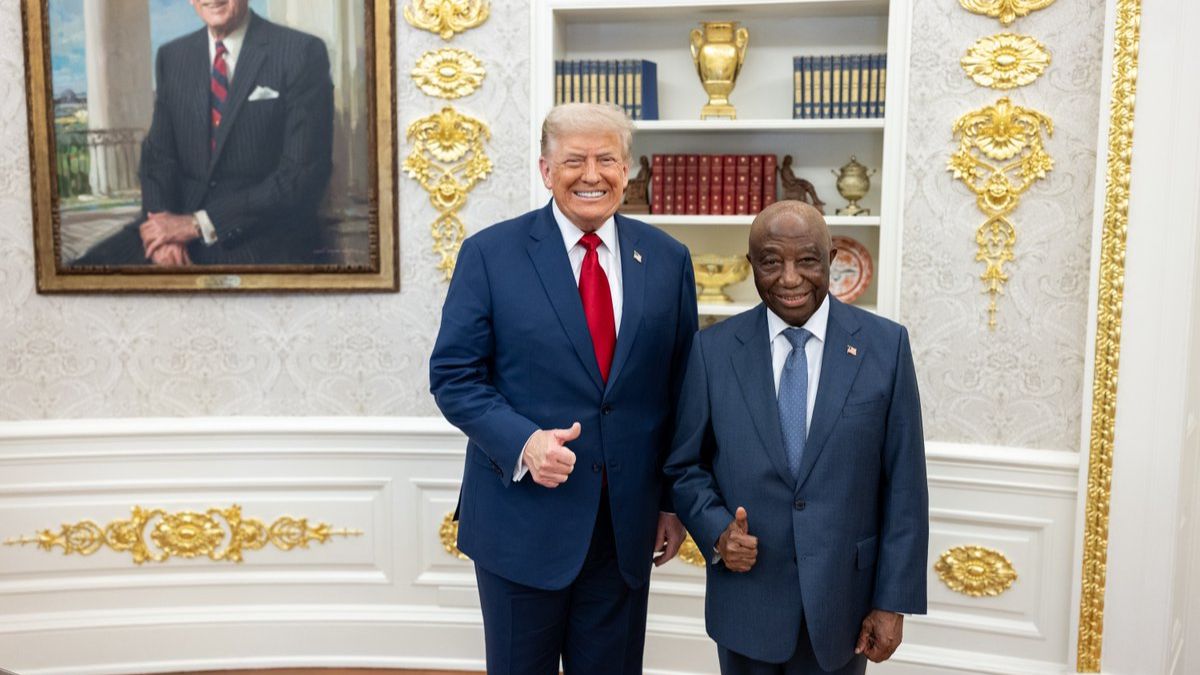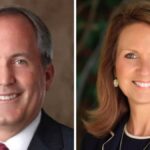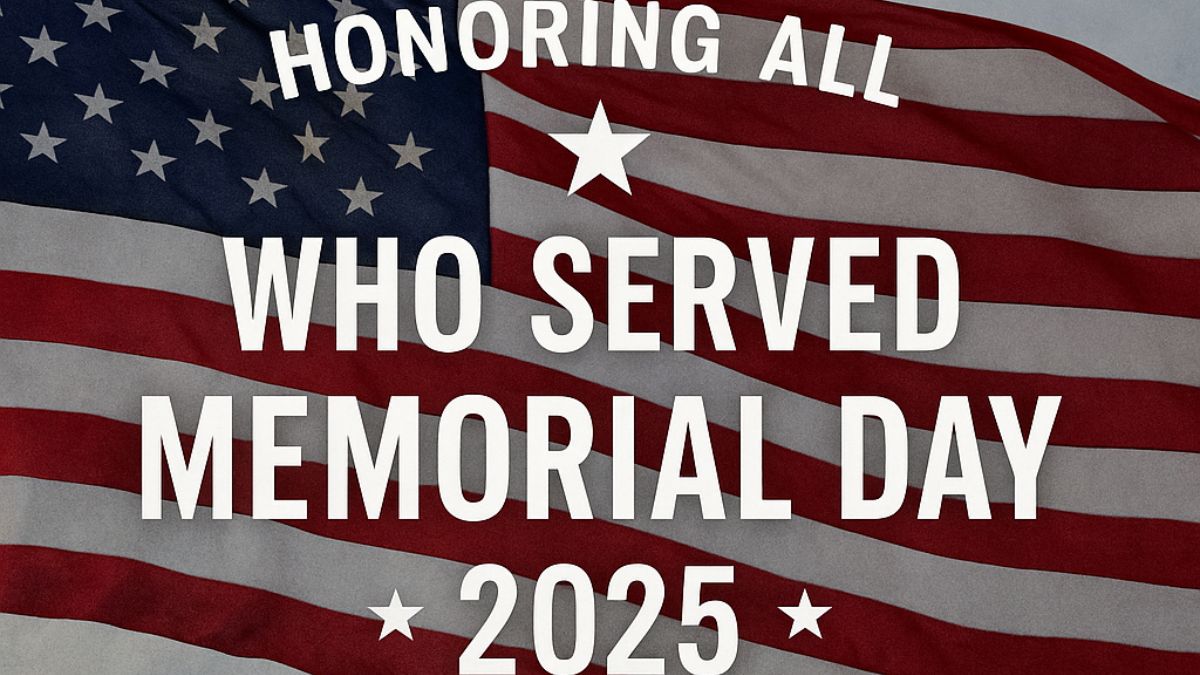New York: When U.S. President Donald Trump complimented Liberian President Joseph Boakai on his “beautiful English” this week, it might have sounded like an innocent remark. But for many Africans—and especially Liberians—it felt like déjà vu: another moment when Western leaders appeared unaware of Africa’s linguistic and historical realities.
Liberia, after all, has been an English-speaking nation since its inception. Founded in 1822 by freed slaves from the United States, the West African country adopted English as its official language and has maintained close linguistic and cultural ties to America for over 200 years. So when Trump asked where Boakai “learned to speak so beautifully,” the implication struck many as not just uninformed—but telling.
This wasn’t just a gaffe. It was a glimpse into a deeper issue: the persistent surprise some Western leaders show when African leaders speak fluent English, as if education, diplomacy, and global engagement aren’t already part of the continent’s DNA. Here’s why this moment sparked conversation—and why it matters.
Also Read: Gunshots Fired at Kapil Sharma’s Café in Canada; Terrorist Claims Responsibility
English Is Liberia’s Official Language—Here’s Why
Since declaring independence in 1847, Liberia has had English as its official language. The country’s roots lie in the repatriation of freed African Americans, many of whom brought with them not just the English language but American systems of government, education, and law.
As a result, English is used in schools, government offices, courts, and media across Liberia. While over 30 indigenous languages are also spoken, English remains the unifying medium, especially in urban centers and international diplomacy.
So when President Boakai responded that he was educated in Liberia, he was simply stating the obvious to most Liberians—though, apparently, not to everyone at the table.
BREAKING: Trump just praised the leader of Liberia for his English.
“Where did you learn to speak so beautifully?”
FACT: English is the official language of Liberia.
NATIONAL EMBARRASSMENT pic.twitter.com/ICqFaUidlx
— Brian Krassenstein (@krassenstein) July 9, 2025
Why Trump’s Comment Touched a Nerve
The issue wasn’t just about one comment. It was about what that comment represented: a broader perception that African leaders or citizens speaking “good English” is somehow exceptional or surprising.
“I felt insulted because our country is an English-speaking country,” said Liberian youth advocate Archie Tamel Harris. “For him to ask that question, I don’t see it as a compliment. I feel that the U.S. president and people in the West still see Africans as people in villages who are not educated.”
To many, the comment recalled Trump’s controversial 2018 reference to some African nations as “shithole countries”—a remark that drew widespread condemnation at the time. The latest incident, though more subtle, revived old wounds tied to colonial stereotypes and global power dynamics.
A History the U.S. Should Know Better
Ironically, Liberia’s story is uniquely tied to American history. The country was formed by the American Colonization Society in the early 19th century as a place for formerly enslaved Black Americans to settle. The capital city, Monrovia, is named after U.S. President James Monroe. The Liberian flag closely resembles the American flag. And American English remains deeply embedded in Liberian speech and education systems.
To overlook this shared history—or to be surprised by its linguistic legacy—is not just a blind spot. It’s a missed opportunity to acknowledge and respect the enduring connection between the two countries.
Liberia Isn’t the Exception—It’s the Norm
English is widely spoken across the African continent. In fact, over 25 African countries list English as an official or national language, including Nigeria, Kenya, South Africa, Ghana, Uganda, and Botswana. Many of these nations use English in government, media, education, and even local commerce.
So when a U.S. president expresses surprise at an African leader’s command of English, it unintentionally plays into outdated narratives about Africa’s global standing.
The Diplomatic Response: A Lesson in Grace
To his credit, President Boakai responded without visible offense. Liberia’s Foreign Minister Sara Beysolow Nyanti later clarified that “there was no offense” taken by Boakai, and that Trump may have simply been recognizing the American influence in Liberia’s dialect.
“What President Trump heard distinctly was the American influence on our English,” she said. “We know that English has different accents and forms… for us, it was just recognizing a familiar English version.”
The White House also defended the comment, calling it a “heartfelt compliment.” But outside the diplomatic bubble, many felt the moment underscored a larger problem: that African intellect and diplomacy are still often met with surprise rather than respect.
Language, Legacy, and Listening
This wasn’t the first time language has sparked a diplomatic stir, and it won’t be the last. But perhaps it’s a moment to reflect: when global leaders express surprise at linguistic fluency, they may be revealing more about their own assumptions than they realize.
Liberia speaks English. So does much of Africa. And instead of surprise, maybe what’s due is a little more historical awareness—and a lot more respect.







